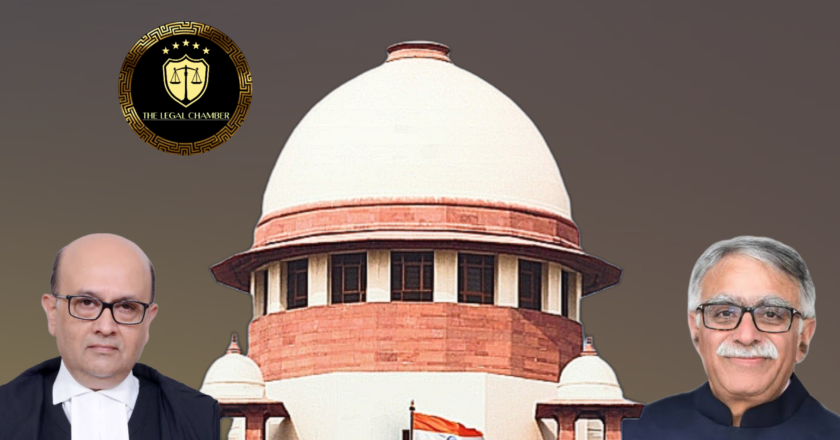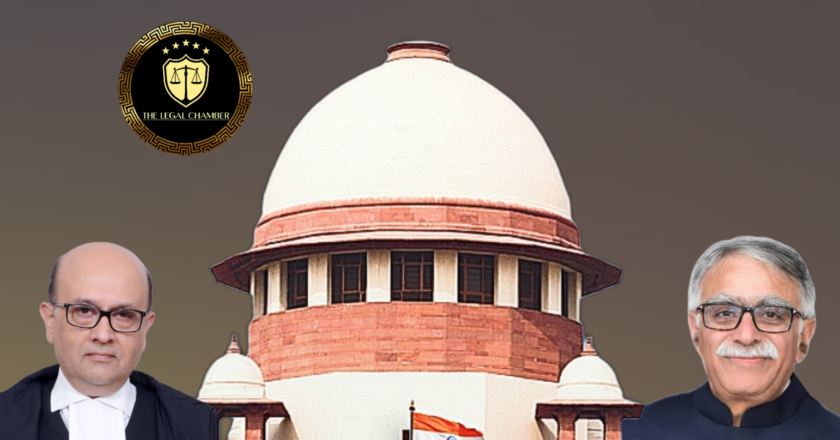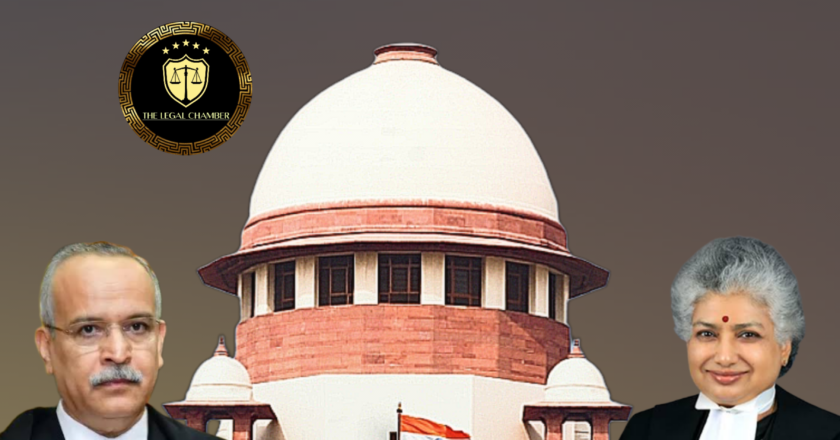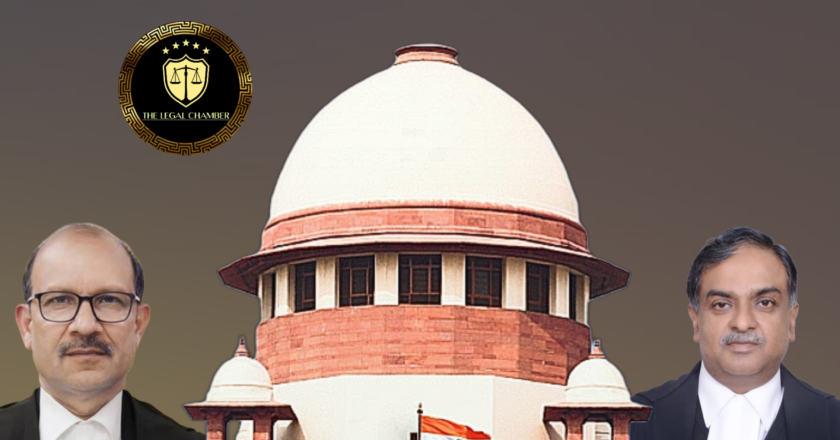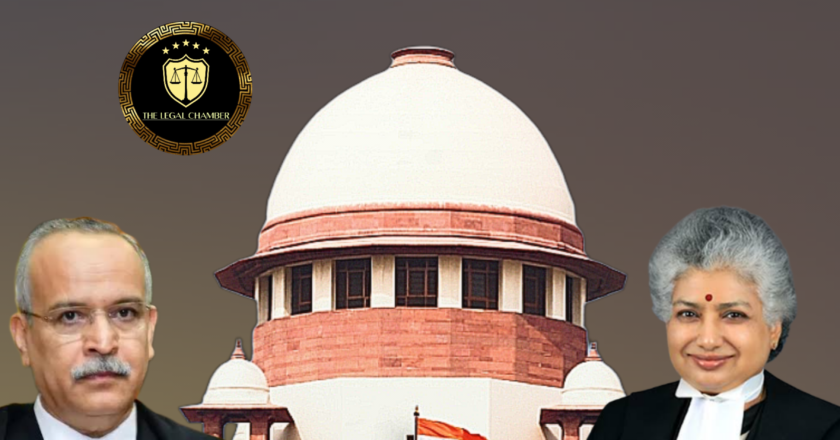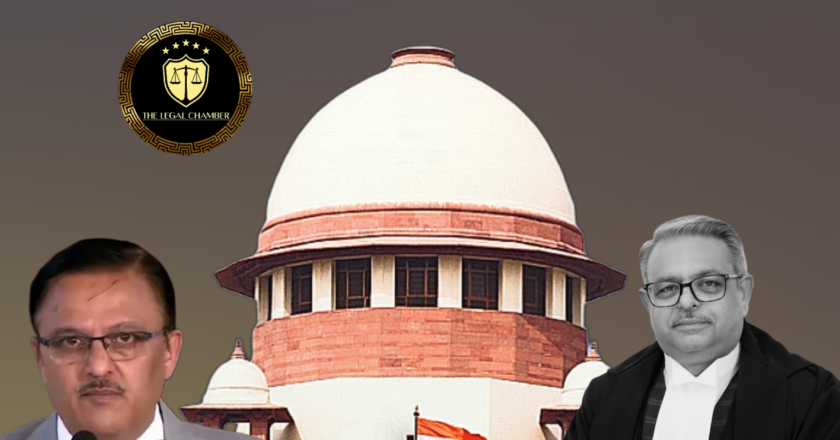Supreme Court :Threats Alone Can Constitute Extortion “No Need for Money Exchange”| Section 387 IPC
The Supreme Court of India ruled that for a prosecution under Section 387 IPC, the delivery of property is not necessary, as this section punishes the act of putting a person in fear of death or grievous hurt "in order to commit extortion," which is a stage prior to the actual commission of extortion. The High Court's quashing order was set aside because it wrongly emphasized the non-delivery of money, which is not an essential ingredient for an offense under Section 387 IPC.
Facts Of The Case:
The case involves an appeal filed by M/s. Balaji Traders (appellant-complainant) against a High Court judgment dated June 28, 2024, which quashed a summoning order and proceedings in Complaint Case No. 58 of 2022 under Section 387 of the Indian Penal Code, 1860. The complainant, Prof. Manoj Kumar ...
